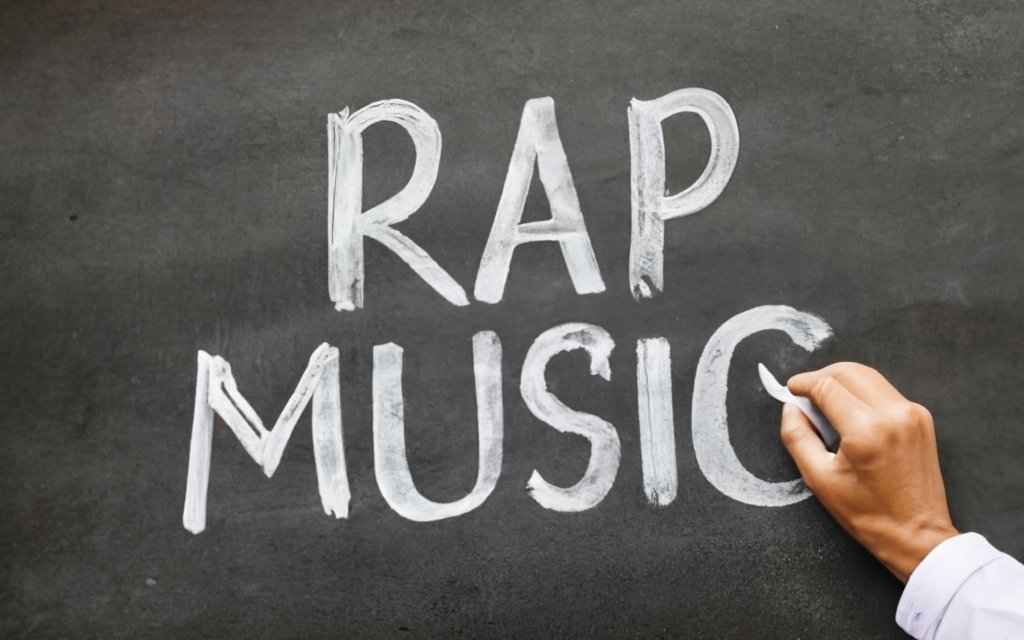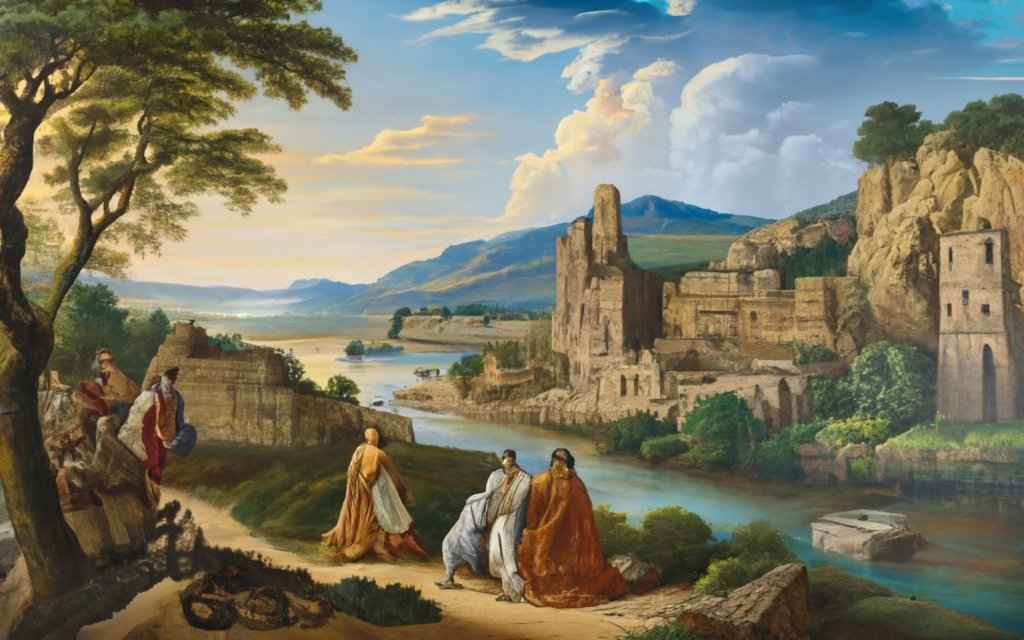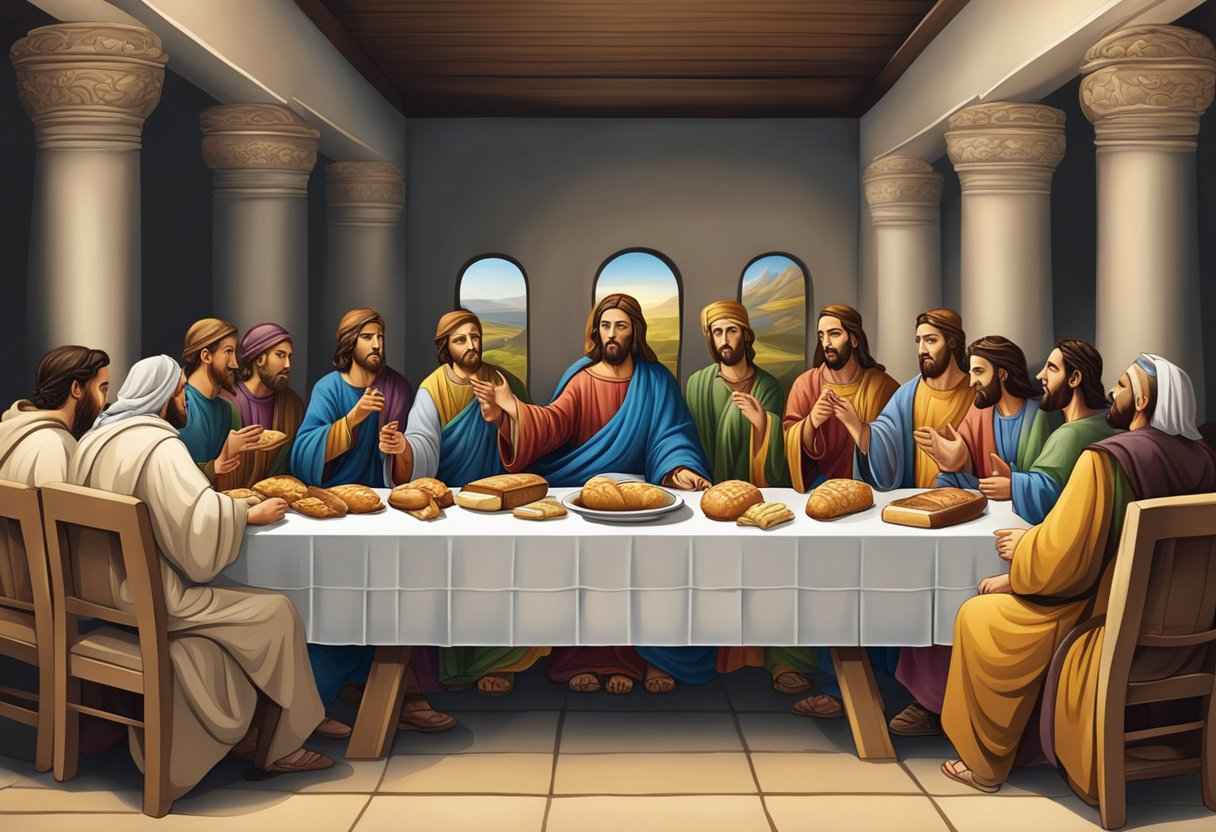“If you build it, they will come.” This phrase has become ingrained in popular culture, thanks to the classic 1989 film Field of Dreams.
But what is the origin and meaning behind this mystical, metaphorical saying?
In this in-depth article, we’ll explore the roots of “if you build it, they will come,” analyzing its connections to faith, destiny, and purpose.
We’ll also look at how this quote has been adopted beyond the original film, becoming a motto for dreamers and builders everywhere.
The Origins: A Heavenly Voice Offers Mysterious Guidance
The phrase “if you build it, they will come” originates from the film Field of Dreams, based on the novel Shoeless Joe by W.P. Kinsella. In the story, Iowa farmer Ray Kinsella hears a mysterious voice in his cornfield, whispering the strange message, “If you build it, he will come.”
Ray interprets this as an instruction to build a baseball field on his farm, believing it will attract the spirit of Shoeless Joe Jackson, an early 20th-century baseball player banned from the MLB for his alleged role in the Black Sox scandal.
As Ray constructs his baseball diamond and fulfills the command, Shoeless Joe does indeed emerge from the corn stalks as a ghost. The voice continues guiding Ray throughout the film, pushing him towards reuniting with his estranged father and offering a message of redemption and reconciliation.
The recurrence of this phrase emphasizes the power of faith and purpose, as Ray risks everything to follow the call. As he builds what he believes he’s meant to, mystical forces bend to fulfill the prophecy, ultimately attracting not just Shoeless Joe but legions of baseball ghosts from the past.
Different Interpretations: “He Will Come” or “They Will Come”?
In the original novel by Kinsella, the heaven-sent message specifically states, “If you build it, he will come.” This refers solely to Shoeless Joe Jackson, who Ray is destined to connect with through the baseball field.
However, in the film adaptation, the line becomes the more familiar, “If you build it, they will come.” This twist on the wording expands the meaning, implying that if you construct whatever you’re called to, an audience will be drawn to it.
The “they” suggests that ultimately, your purpose and hard work will attract all who are meant to gather there, not just one specific person. While the field summons Shoeless Joe, multitudes of others come as well, including Ray’s brother-in-law and father. The field becomes a mystical meeting place, transcending time and death.
This change in the quote’s phrasing shifts it from referring to a singular person (“he”) to all who are destined to arrive (“they”). The film’s version offers a more expansive interpretation.
Also Read: What Does The Bible Say About Déjà Vu?
Digging Deeper: Potential Religious Connections
Beyond surface-level analysis, some have drawn parallels between “if you build it, they will come” and concepts from religion or the Bible:
God as the Heavenly Voice
Some believe the mysterious voice commands are meant to represent God, guiding Ray towards his destiny. This offers a Judeo-Christian lens, connecting mystical revelations to divine messages from above.
Faith and Obedience
Ray demonstrates faith by hearing the voice and obeying its commands without question. This reflects biblical principles about stepping out in faith, even when the reason isn’t clear. Ray’s obedience results in miraculous fulfillment.
“Build It and They Will Come” as Providence
The saying implies a belief in providence – as Ray builds what he’s called to construct, forces beyond his control work to fulfill the prophecy. The field attracts precisely who is meant to arrive.
The Afterlife Symbolism
As Ray builds a literal gateway to the afterlife, allowing the dead to cross back over, some see metaphorical connections to death, the soul, and the hope of reconciliation beyond this life. The field represents a mystical borderland.
While these theories are open to interpretation, they offer perspectives on how the quote connects to theology and religious belief systems for some viewers.
Beyond the Film: Lasting Cultural Impact
Originally uttered in a dreamlike Iowa cornfield, “if you build it, they will come” has extended far beyond Field of Dreams to impact wider culture. The saying has taken on a life of its own, becoming a motto for creatives, entrepreneurs, and anyone pursuing big dreams without assurance of results.
An Entrepreneurial Mantra
In the business world, “if you build it they will come” has become a rallying cry. Some entrepreneurs use it as inspiration, suggesting that if you develop exactly what the market needs, customers will naturally arrive without excessive marketing or persuasion.
Critics argue this mindset can be naive in modern business. But others say the core idea – build value, fill a need, work hard at perfecting your craft, and an audience will organically emerge – still rings true.
Advice for Creators
In the arts, “if you build it they will come” encourages creators to focus on developing value and quality work. As in Ray’s mission, there is a sense of patiently constructing exactly what you’re meant to build, even if rewards aren’t immediate.
This advice inspires artists, writers, musicians, and makers of all types: put in the work, build your skills, make something excellent, tell the stories you’re compelled to tell – and the right audience will gradually find its way.
Also Read: How Many Books of the Bible Did Moses Write?
Words of Hope
On a basic level, this quote offers optimism and motivation. In a complex world filled with ambiguity and unknowns, “if you build it they will come” is a simple mantra of hope. When doubt and uncertainty arise, it whispers that if we take the leap to pursue our destinies, things will work out through unseen machinations.
This promising phrase holds resonance and relevance 30+ years after its cinematic debut. It distills mysticism, providence, and encouragement into a short, compelling package that continues to capture imaginations.
Digging Deeper: A Closer Look at Key Scenes and Dialogue
The phrase “if you build it, they will come” is central to Field of Dreams, uttered mysteriously throughout the film. But surrounding scenes and dialogue provide added context and meaning.
By analyzing some pivotal moments in closer detail, we can enrich our understanding of this memorable quote.
The First Whisper from the Cornfield
In the opening act, Ray Kinsella is wandering through his cornfield when he first hears the voice. Barely audible over the stalks, it ethereally whispers: “If you build it, he will come.”
Ray stops and looks around, stunned. When the voice repeats the phrase even softer, Ray demands to know who’s there. He receives no reply – only a gentle breeze across the field.
This initial scene establishes the quote as a supernatural prompt from invisible (or heavenly) forces guiding Ray towards his destiny. The voice doesn’t explain – it only issues the command, leaving Ray to interpret its meaning through a leap of faith.
Ray Reveals His Vision to His Wife
After hearing the voice twice more, Ray shares his calling with his wife Annie, explaining his intent to build a baseball field and his belief that it will summon the ghost of Shoeless Joe Jackson.
Annie questions his logic, reasonably arguing they could lose everything by plowing under their corn crop to construct this field. But Ray insists he must fulfill this mission, even at great risk and cost. Annie ultimately supports him, despite her doubts and skepticism.
This conversation shows Ray translating the quote into tangible action, willing to sacrifice greatly with faith that “if he builds it, [Shoeless Joe] will come.” Annie represents the rational perspective – yet Ray is following the call of destiny, not cold logic.
Shoeless Joe Emerges from the Corn
In the film’s central moment, Shoeless Joe Jackson indeed emerges from the cornstalks, bat in hand, affirmed as a spectral figure. After Ray says in awe, “I built this for him,” Joe replies: “You wouldn’t believe how far I’ve come – but there’s a reason I did.”
This powerful scene represents fulfillment of the quote’s promise. Ray believed that “if you build it, he will come” – and through improbable, mystical forces, his faith bears fruit. Something beyond himself summoned Shoeless Joe.
Speaking with Shoeless Joe
As Ray converses with the spirit of Shoeless Joe, he admits: “I’ve done everything I was supposed to – and still don’t understand any of it.”
Joe replies simply: “You will.”
This emphasizes the quote’s lesson – Ray faithfully followed his calling without requiring explanations. There was a destined purpose beyond his understanding. The reasons and meaning would become clear later, in due time.
“Ease His Pain” – A Second Mission
After bonding with Shoeless Joe’s spirit, Ray hears the voice again, this time saying: “Ease his pain.” Ray interprets this as a calling to track down reclusive author Terence Mann and kidnap him to attend a baseball game – an act that gets Ray arrested.
This expands the “build it” quote into a series of commands Ray must follow. His mission grows in scope – the field was only the first step toward something larger. Ray must now “ease [Terence Mann’s] pain” – another cryptic prompt demanding interpretation and faith.
Chisholm, Minnesota
After picking up Terence Mann, Ray is led by more heavenly clues to travel with him to the small town of Chisholm, Minnesota – a place with personal significance for both men, unbeknownst to them when they started the trip.
In Chisolm, Ray states awestruck: “This is all about me taking a journey, isn’t it? And you’re afraid of making that leap.” His obedience to the commands is guiding him into his past and toward reconciling with his father.
This shows the quote’s promised results expanding. It’s not just about summoning Shoeless Joe anymore – forces are conspiring to push Ray exactly where he needs to go.
John Archibald Kinsella Revealed
In one of the film’s final scenes, Ray introduces Terence Mann to his father – John Archibald Kinsella – whose initials spell “J-A-K.”
Ray realizes he misinterpreted the initial command: “If you build it, he will come.” The “he” was never Shoeless Joe – it was John Kinsella all along.
The field served its purpose – to draw Ray’s father back into his life, fulfilling the promise made long ago by the miracle of the baseball field: “If you build it, he will come.”
Through this scene, deeper layers of meaning behind the quote come into focus retroactively.
Key Dialogue Moments
Along with pivotal scenes, analyzing key lines of dialogue provides added insight into “if you build it, they will come”:
- “It’s about all that’s left of my childhood.” – Ray explaining his motivation for building the field. It connects to regaining what’s lost.
- “Your father? Oh…you miss him. You want to talk to him again.” – Terence Mann showing understanding suddenly dawning. The journey was about reconciliation.
- “Hey…dad? You wanna have a catch?” – Ray’s bittersweet invitation showing their relationship is mended through the journey guided by the quote.
Conclusion: A Simple Phrase Holds Profound Meaning
Upon closer inspection, the scenes and dialogue surrounding “if you build it, they will come” reveal nuanced significance. The quote was never just about baseball – it spurred a powerful journey of faith, family, and destiny.
This iconic line from Field of Dreams distills spiritual complexity into simple but moving poetry. It has resonated for generations, touching that bittersweet spot of childhood dreams, miracles just out of reach, and the hope that our heroes – or lost fathers – might step out of the past and join us once more.


















